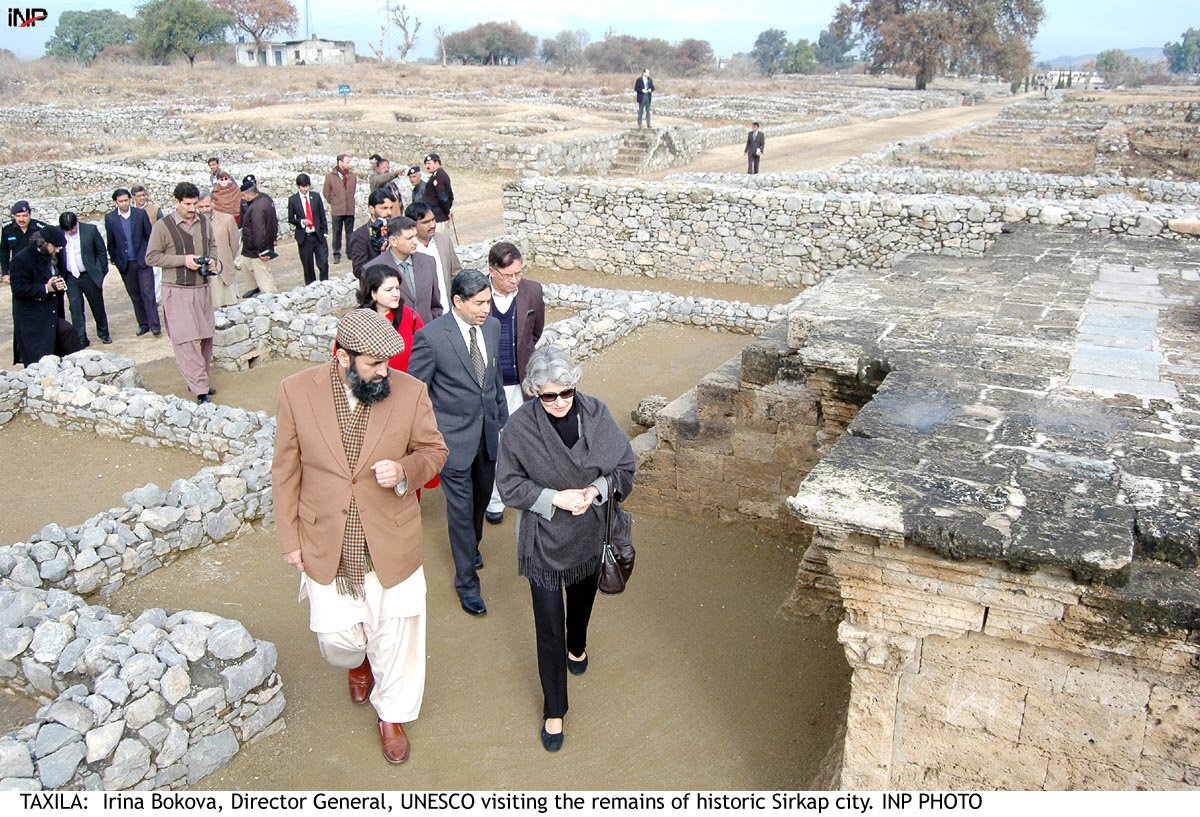
The Lok Virsa complex in Islamabad is the national hub of cultural preservation and the continuity of customs, but there are other places in cities around the country that serve as regional centres for preservation and conservation. Almost every medium or large-sized city has a museum, many of them in a state of dilapidation. All of them have potential as tourist destinations, both foreign and international, and as countries such as Egypt, Greece and Turkey have all found, there is revenue to be earned by the marketing of culture and heritage. Sites such as Moenjo Daro and Derawar Fort could see real benefit from marketing their attractions. Hunza in Gilgit-Baltistan has for many years traded on its attraction as a cultural tourism hotspot.
The preservation of culture as an intangible value may seem a little abstract, far removed from the bricks-and-mortar, but through creating such awareness comes an appreciation of diversity and the value of knowledge and tolerance — all of which have a place in the minds of the young. Dance, music, calligraphy, pottery and even truck art, all have a niche, and oral traditions are a vital part of the cultural landscape. The Unesco project will hopefully plant seeds in young minds that will grow into a desire to protect and preserve our cultural diversity.
Published in The Express Tribune, February 9th, 2014.
Like Opinion & Editorial on Facebook, follow @ETOpEd on Twitter to receive all updates on all our daily pieces.
COMMENTS (2)
Comments are moderated and generally will be posted if they are on-topic and not abusive.
For more information, please see our Comments FAQ
1723551415-0/BeFunky-collage-(62)1723551415-0-405x300.webp)

1733139475-0/trump-(28)1733139475-0-165x106.webp)
1733138536-0/Untitled-design-(5)1733138536-0-165x106.webp)








Bravo ET, you nailed it beautifully, Bravo.
regards,
Just remember, Pakistan has got a borrowed culture, so you are expected to respect it and preserve it. Civilizations flourish when there is respect for self and others. Pakistan in its history of existence has never shown an iota of respect, so Moen-Jo-Daro and other ruins that you have, cannot be part of Pakistans culture. Hope ET publishes thi.